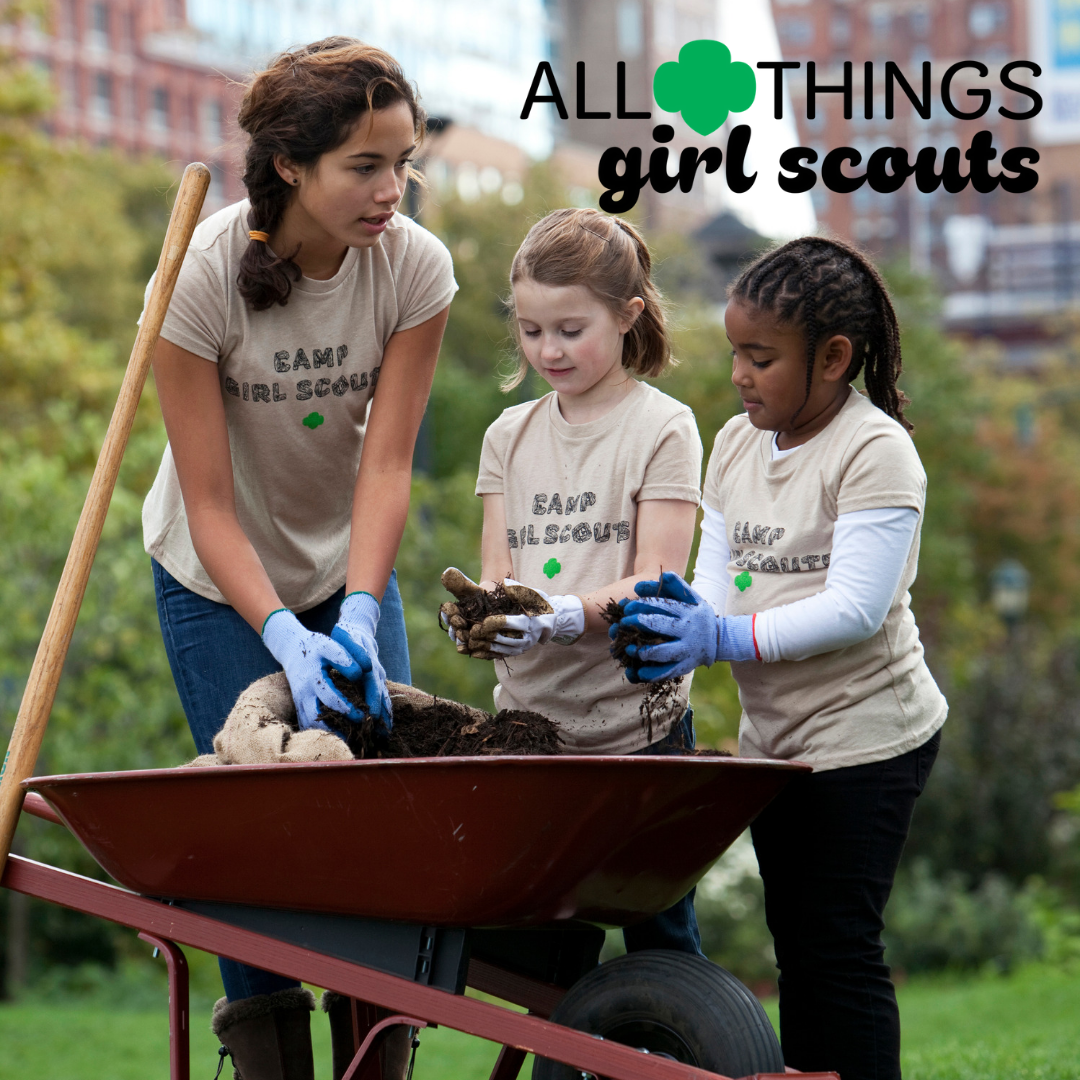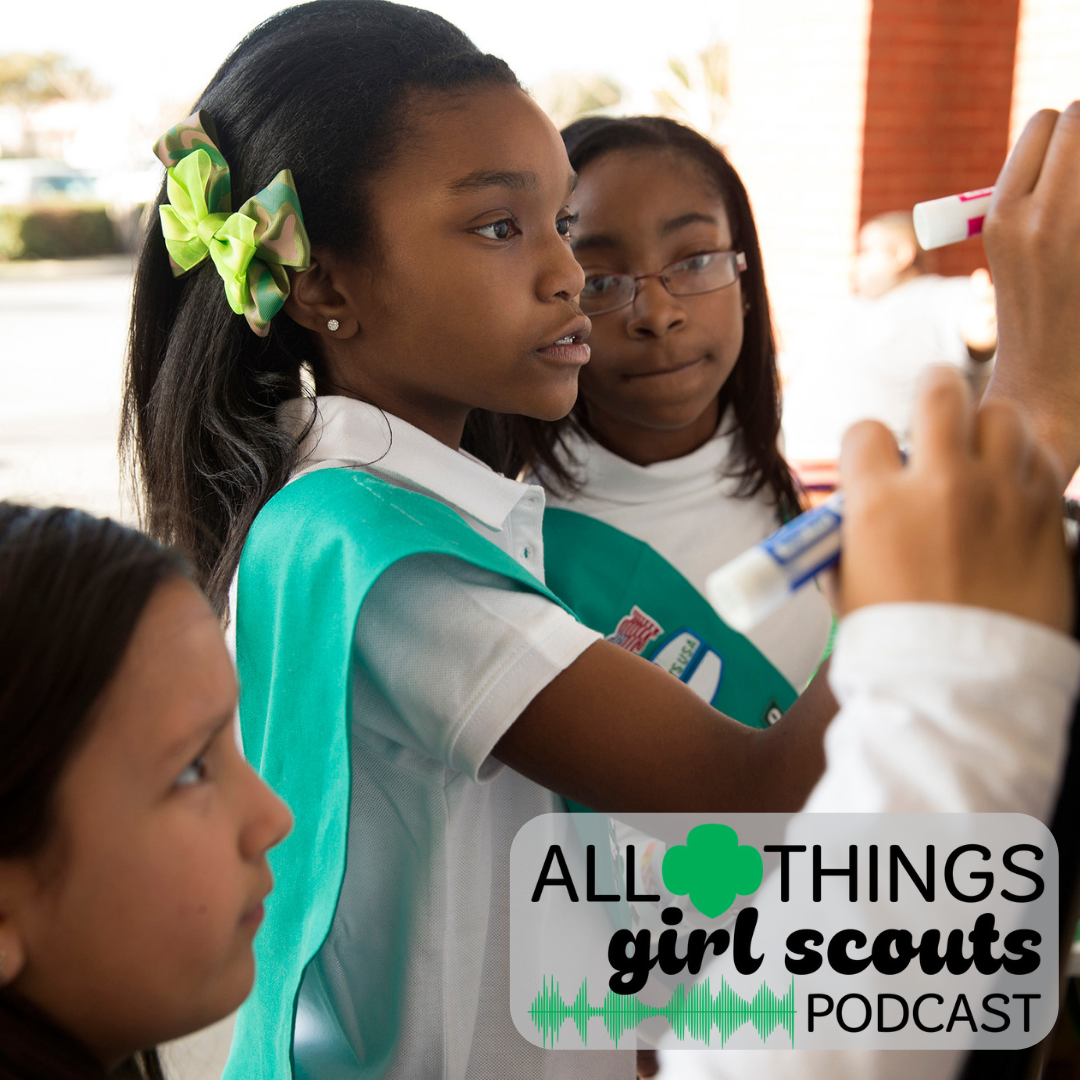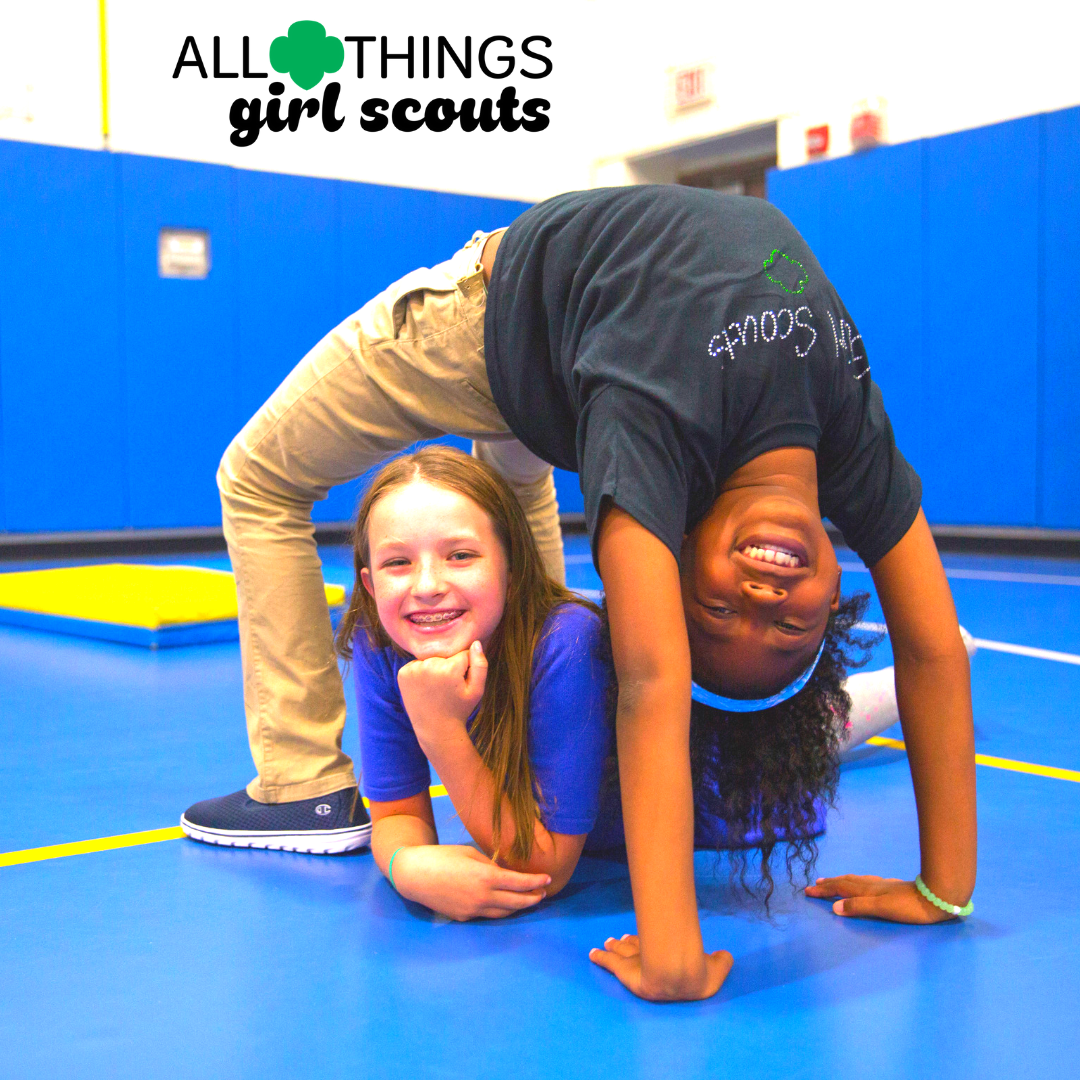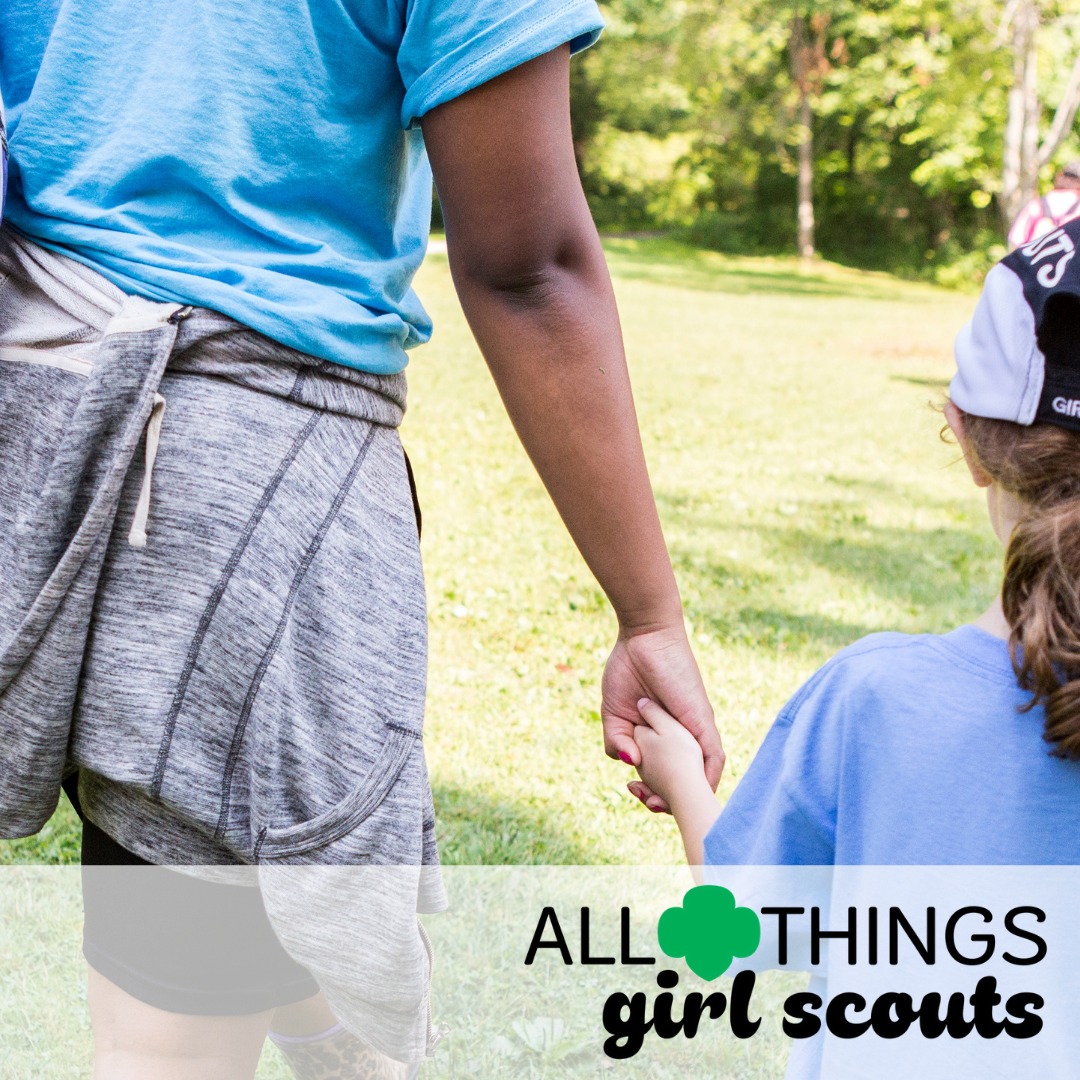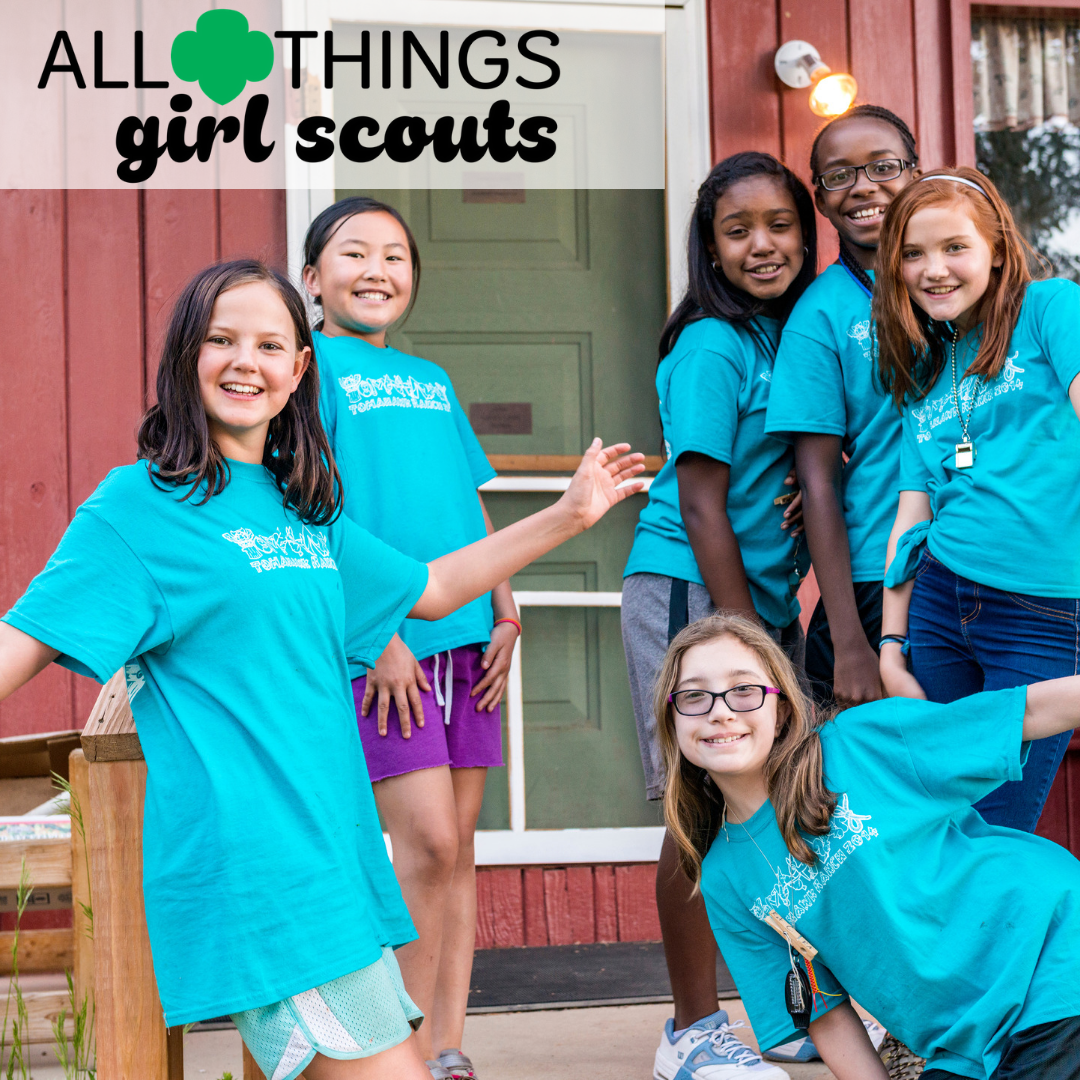Podcast: Play in new window | Download
Subscribe:
Spring is the perfect time to revisit a group agreement. If you did one in the beginning of the year, your girls will have grown a lot since then, you may have added new girls, and you likely have some summer trips planned and revisiting what behavior is expected is a good idea. And if that doesn’t quite fit your group, you sure can save this episode for the start of the next year.
What is the point of a group agreement: The goal is to set a standard of rules, guidelines and norms, typically around behavior, that the entire group agrees upon and commits to. This is girl-led, so they set the rules.
Group Agreement Examples
The traditional group agreement
It usually involves a big piece of paper, and girls writing, or delegating someone to write, rules they think they should follow. They typically come up with things like be respectful and listening, but also traditions like they always want to do a friendship circle at the end of the meeting, and fun things, like a fun chant to encourage each other.
Once you have all the rules they think they need, and you have brought up anything they might have missed, it is time for signing. All girls and leaders should personally sign the big paper to agree to following these guidelines.
The “Be specific” group agreement
This time, you are going to take your big paper, and on one side your girls will brainstorm just like they did in the first example. After they have a pretty good list, we move to the next side. Here they will come up with examples of what that means. So, if they put respect on the first side, on side two, they think of ways to be respectful. If you think about it, some of these rules that all kids know are abstract concepts, so helping them think about what they look like can help a lot. If your group has a long list, you might talk about the top three and then go more into detail there.
On-the-go group agreement
All you need is your hand to explain this agreement, perfect for one day or short events as a quick reminder of what we need to focus one. It’s called the five finger contract. Each finger represents something different. Safety, commitment, attitude, listening, and encouragement. View our downloadable example of what to say and how to customize your own agreement. More details in the podcast too.

Once you have gone over each finger, ask if the group can agree to them. If they say no, talk about what needs tweaking. If they say yes, you seal this agreement with high-fives. Depending on group size, they can high-five everyone or high five at least x number of people. Adults should participate too.
A formal agreement
When troops do domestic or international trips, it is not uncommon to have a behavior agreement that is signed by the girl and her family. Your council likely has an example, so if your girls are approaching this style of trip, you can contact them. It generally involves terms for which the parent would be required to come get their girl in the middle of the trip for things like drug or alcohol use, inappropriate behavior, or similar things. Part of this is to set the expectations for the girls about what type of behavior would not be tolerated, and to alert the parents that they could be called upon to come get their girl. The need to use these is hopefully rare, but they are an important part of the planning process.
Ok, we have set the agreement, now what?
If you did a paper one, I recommend keeping it around. You could bring it and pin to the wall at troop meetings, or take a picture and reformat to a smaller size. The goal is not to do all that work and then forget about it. You want to use that agreement to reinforce behaviors and discourage some.
Keeping it handy means that their own rules are what’s monitoring their behavior, not yours.
When using the on-the-go contract, almost anything you want to correct can be related back to a finger. So you can have a conversation if needed or, and maybe more often, you can just point to your pinky and say, what’s this finger for. And they girls will answer safety and then rethink their choices.
Which group agreement style will you try next?
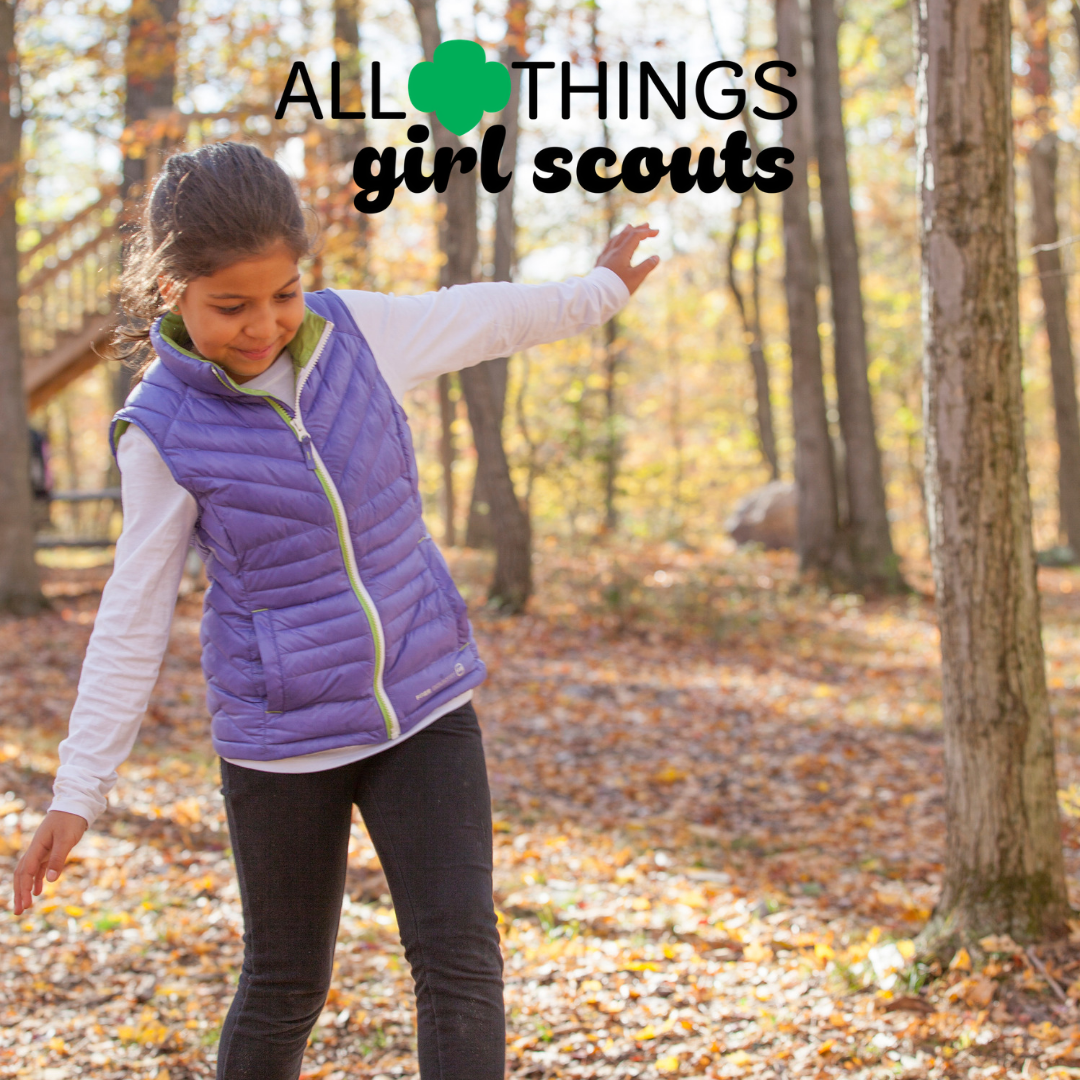 Featured
Featured
